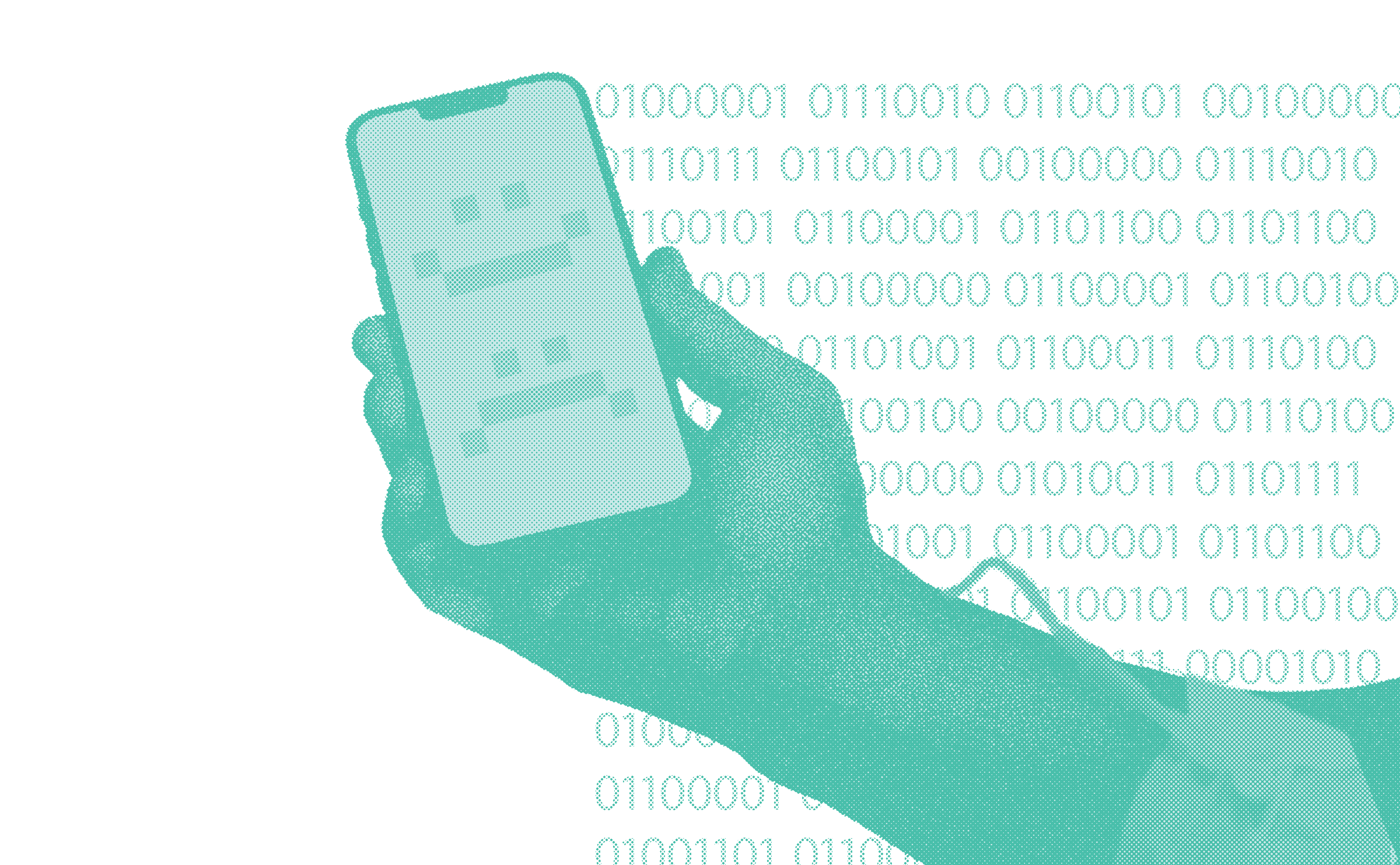Social Addiction
Elliana Martin

Are we really addicted to social media?
Social media is a product that relies on instant gratification — instantaneous access to cat videos, and an instantaneous dopamine rush when your cat video receives a like or comment. Studies show that notifications from apps like Facebook and Instagram activate the same reward centers of the brain as gambling and cocaine, and they are available to us at any time, in any place. With time spent on social media at an all time high and mental health status quickly declining, the U.S. needs to start seriously addressing social media addiction as an emerging public health crisis.

Social media addiction is for now more of a social talking point than a medical one, as no explicit diagnostic criteria exist yet. While recognized as having addictive potential, there has been no formal report on the long-term habit-forming consequences of social media and its subsequent health effects. This is likely because the study is still being conducted, on us, right now.
First off, what qualifies as addiction? The American Society of Addiction Medicine defines addiction as partaking in substances or behaviors compulsively despite negative outcomes. When these behaviors or substances begin to regularly supersede the importance of other activities such as work, school, or spending time with friends, it’s likely an addiction. How often have you put off an important assignment or task to scroll on TikTok or Instagram for a few more minutes?
People’s dependence on social media is by design. Social media companies make money through ad revenue. The more time you spend on social media, the more advertisements you see or interact with, and the more money made by companies like X or Meta. Daniel Kruger, Ph.D., from the Institute for Healthcare Policy & Innovation, says that the infinite scroll of social media apps is “eerily similar” to the mechanism of a slot machine. You may not consistently see a jackpot in the form of a post you find interesting or entertaining, but the anticipation of one keeps you coming back for more. Kruger also notes a phenomenon of “phantom calls” or feeling the buzz of a phone notification when there hasn’t been one.
This is likely because the study is still being conducted, on us, right now.
An estimated 1-2% of Americans will experience gambling addiction at some point in their lives. Dr. Ofir Turel, a researcher at California State University, estimates that 5-10% of Americans are currently at risk of social media addiction. This disparity may be due to the low barriers to entry — no money, travel, or special circumstances required. All it takes is a network connection and a smartphone.
This could explain the disproportionately larger effects of social media on mental health in young adults and teens. Teenagers are more susceptible to addictive behaviors; observed in recent history with cigarette use (and then vapes). With social media use being linked to increased rates of depression and anxiety, and 42% of high school students reporting feelings of hopelessness to the CDC as of 2021, it’s almost no wonder that suicide is the second leading cause of death for youth ages 10-24.
It’s not all bleak, however — social media usage among young adults is down since 2017 as of 2022, and half of young adults reported spending less than two hours daily on social media. Apps that limit your daily social media usage are becoming more popular, and platforms like Apple and Instagram are implementing screen time settings. These settings allow people more control over their social media and technology use.
Social media has many amazing benefits such as keeping up with friends, interacting with online communities, and accessing information easily. Social media also has all the qualities necessary to become an addictive habit if left unchecked. Companies utilize these biological mechanisms to secure your buy-in, similar to casinos and the tobacco industry; and have the added benefit of being constantly available to us through our mobile devices. Just as with television, food, gambling, or alcohol, our use of these platforms to de-stress or have fun should be done in moderation. When moderation is no longer possible, it’s time to make changes.



